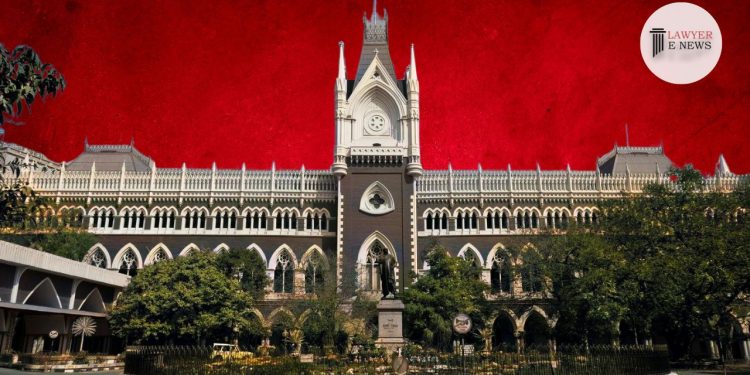FIR Does Not Disclose Any Cognizable Offence Under The Specified IPC Sections – Calcutta High Court Quashes Criminal Proceedings In Cancelled Marriage Case

In a significant ruling on May 10, 2024, the Calcutta High Court allowed a criminal revision application, resulting in the quashing of proceedings related to allegations of cheating and criminal breach of trust in a case concerning a cancelled marriage arrangement. Justice Bibhas Ranjan De presided over the matter in the Criminal Revisional Jurisdiction.
Legal Context and Brief on the Case:
The revision application was sought under Sections 420 (Cheating and dishonestly inducing delivery of property), 406 (Criminal breach of trust), and 34 (Acts done by several persons in furtherance of common intention) of the Indian Penal Code (IPC). The case arose from a complaint filed by the father of a bride-to-be after a marriage arrangement was abruptly cancelled, leading to financial losses and emotional distress.
Facts and Issues of the Case:
On December 30, 2014, a complaint was lodged against the petitioners, alleging that after preparing extensively for an upcoming marriage, which included significant expenses and arrangements, the petitioners unilaterally cancelled the marriage. This cancellation purportedly resulted in a loss of ₹1,45,000 to the complainant, prompting the initiation of legal proceedings.
Court’s Analysis on Legal Points:
The High Court’s thorough analysis hinged on several key legal interpretations:
Definition and Application of Cheating (Sections 415 and 420 IPC):
The court delineated the requirements for an act to qualify as cheating under IPC, emphasizing that the allegations must meet the stringent criteria of inducing delivery of property, which was not met in this case.
Misapplication of Sections 420 and 406 IPC:
Justice De pointed out that the FIR and charges filed under these sections did not substantiate the elements of cheating or criminal breach of trust, as there was no inducement or entrustment of property proven.
Non-Cognizable Offences and Procedural Improprieties (Section 155(2) Cr.P.C):
It was noted that the police initiated an investigation into a non-cognizable offence without a magistrate’s order, further complicating the legality of the proceedings.
Decision: The High Court concluded that the FIR and subsequent charges did not disclose any cognizable offence and quashed the criminal proceedings under the contested IPC sections. The court directed that the case diary be returned and disposed of all connected applications accordingly.
Date of Decision: May 10, 2024
Keya Talukdar & Ors. Vs. The State of West Bengal & Anr.






